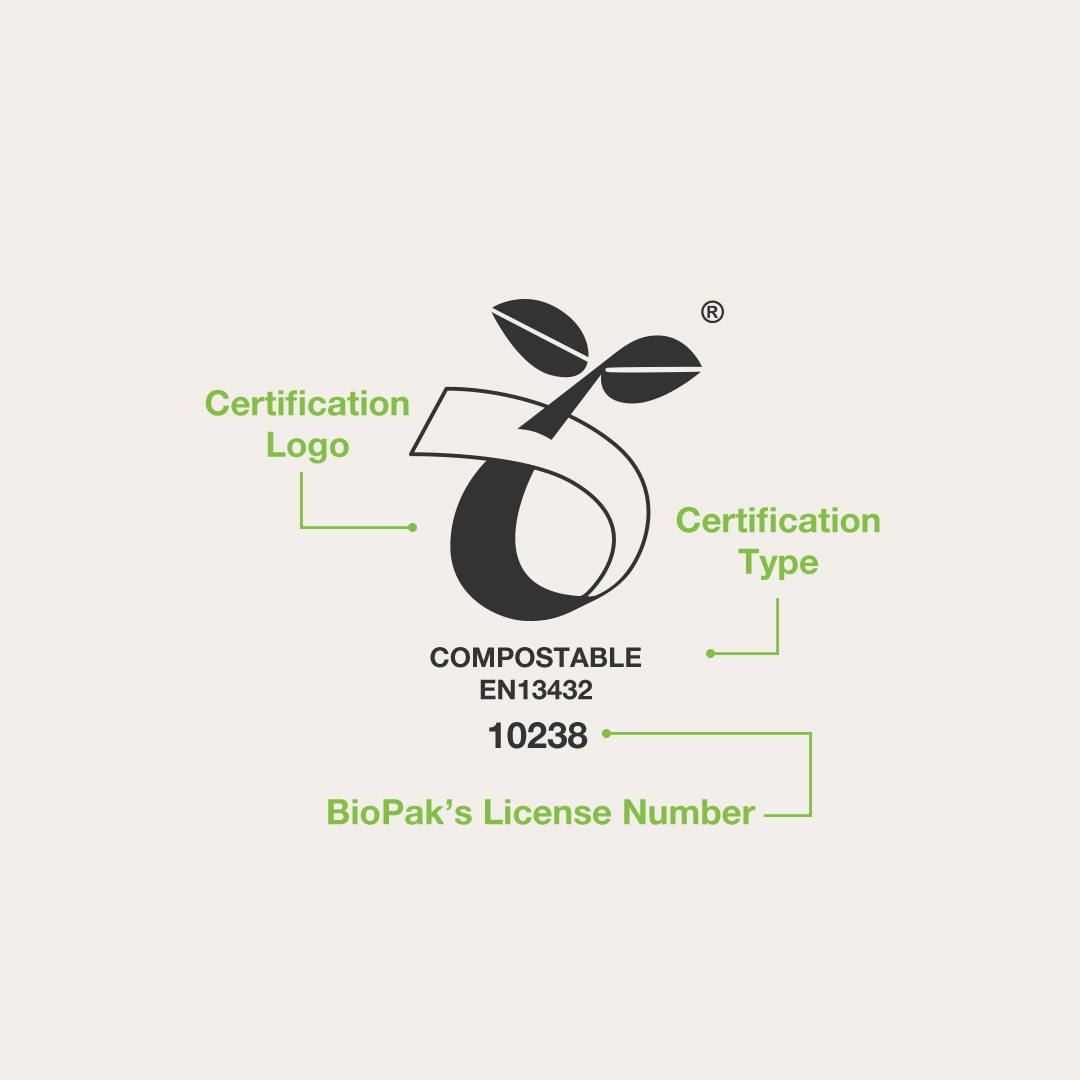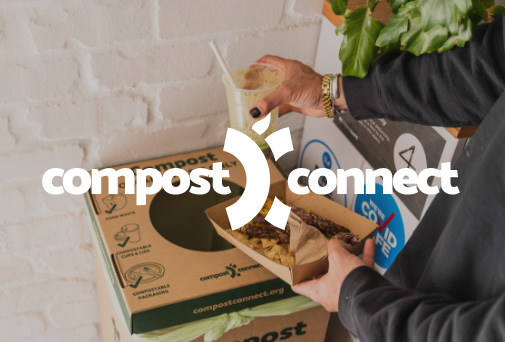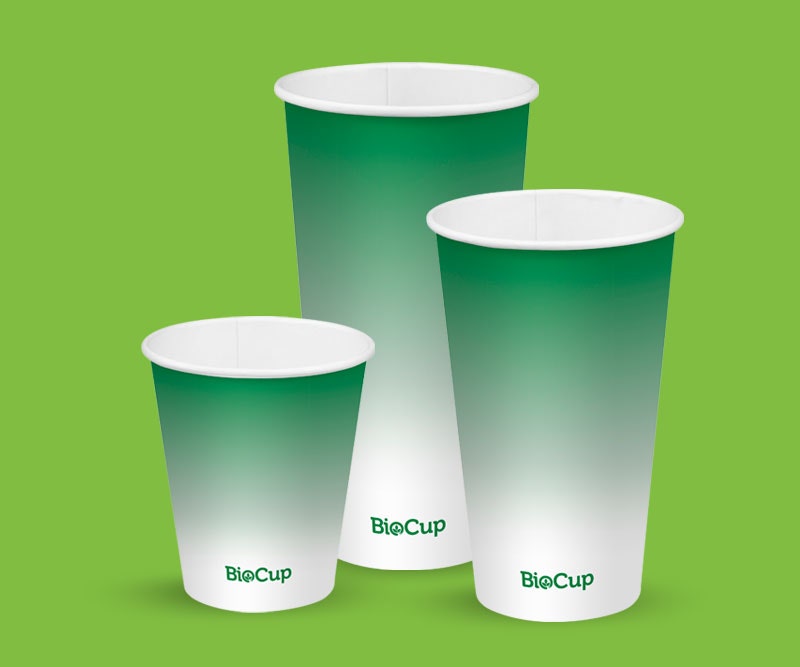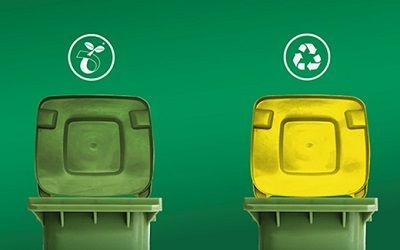
WHY WE LOVE PLA
A Plant-Based Bioplastic
We’re facing a global plastic pollution crisis where a whopping 91% of plastic isn’t recycled (source). Enter PLA (short for polylactic acid). PLA is a bioplastic made from plant-based resources, typically fermented plant starch like corn, cassava and sugarcane. Better yet, PLA can be sent to a commercial compost facility so it’s suitable to mix with food waste.
|
|
|
|
BioPak PLA bioplastic products are certified industrially compostable to Australian and European Standards (AS4736, EN13432) |
BioPak PLA bioplastic packaging is made from renewable resources: plants, not oil. |


PLA Benefits: Here’s Why We Love It


PLA is made from renewable resources


PLA has a lower carbon footprint


PLA requires less energy


PLA aligns with the circular economy


PLA is certified industrially compostable
Get To Know PLA
Are bioplastics good for the environment?
Is PLA renewable?
Is PLA compostable?
How much energy is required to create PLA?
Can bioplastic be used for hot food and drinks?
Is PLA good for the circular economy?
What are some of the advantages and disadvantages of bioplastics?
There are many benefits to bioplastics as they offer a more environmentally friendly solution to conventional plastic. They’re made from renewable resources, have a lower carbon footprint and require less energy.
But there are some disadvantages of bioplastics and PLA. For starters, PLA packaging is often more expensive than conventional plastic (at least for now). It’s also certified commercially compostable (EN13432) but not certified home compostable (NF T51-800). This means the conditions and temperature of home composts will not break down PLA bioplastics.
In saying that, as technology evolves we hope to see bioplastic transform into a fully home compostable resource. NatureWorks (world-leading biopolymers supplier) is getting close to a breakthrough with the incorporation of polyhydroxyalkanoate (PHA) with PLA. PHA may be the future of bioplastic — a tough, durable and potentially home compostable product. Watch this space.
Is PLA food safe?
Beware of Greenwashing
Unfortunately, greenwashing is rife in the sustainable packaging industry. Claims like “compostable”, “recyclable” and “biodegradable” can mislead and confuse. Here’s what you need to remember about these claims.


“COMPOSTABLE”
Look for the home compostable logo on the product, and more importantly, the company’s specific licence number (this can be verified by DinCertco or TuvAustria).
Remember, to “adhere” to compostability standards is not the same as being certified.


“RECYCLABLE”
There are no clear bioplastic cups currently labelled recyclable in the kerbside recycling.


“BIODEGRADABLE”
Everything ‘biodegrades’ eventually. Check the time it will take for the product to biodegrade. Will it take a year or 500 years? It’s time we demand transparency from the manufacturers.


PLA vs Traditional Plastic
|
PLA bioplastic is made from rapidly renewable plant starch. |
PET plastic is made using finite fossil resources. |
|
BioPak PLA bioplastic is certified industrially compostable to Australian and European standards. |
PET is recyclable, but only 31% of all plastic is recycled in Australia, and most of this is plastic bottles. |
What Is an Industrial Compostable Certification?
Certification Logo
The industrial compostable certification logo verifies a product’s claim of compostability.
Certification Type
This certification indicates the composting type and applicable region. To display the logo, materials must pass strict EN13432 tests at labs verified by DinCertco or TuvAustria.
BioPak Licence Number
The unique licence numbers show that a specific business’ product range has passed the testing for compostability. You can search for the numbers on the DinCertco or TuvAustria databases.


Shop BioPak’s Compostable PLA lids and BioCups
Learn More About Bagasse
Download the Information Flyer
Let’s dig into the truth about home compostable cups, and how you, as the consumer, can avoid greenwashing.
Join Compost Connect
Compost Connect is a not-for-profit platform connecting businesses to compost pick up services. Search your postcode to find out if compost collection is available in your area.
By joining Compost Connect, you’ll be diverting waste from landfill, reducing greenhouse gas emissions, showing your commitment to environmental sustainability, and turning your food and packaging waste into nutrient-rich compost!

























